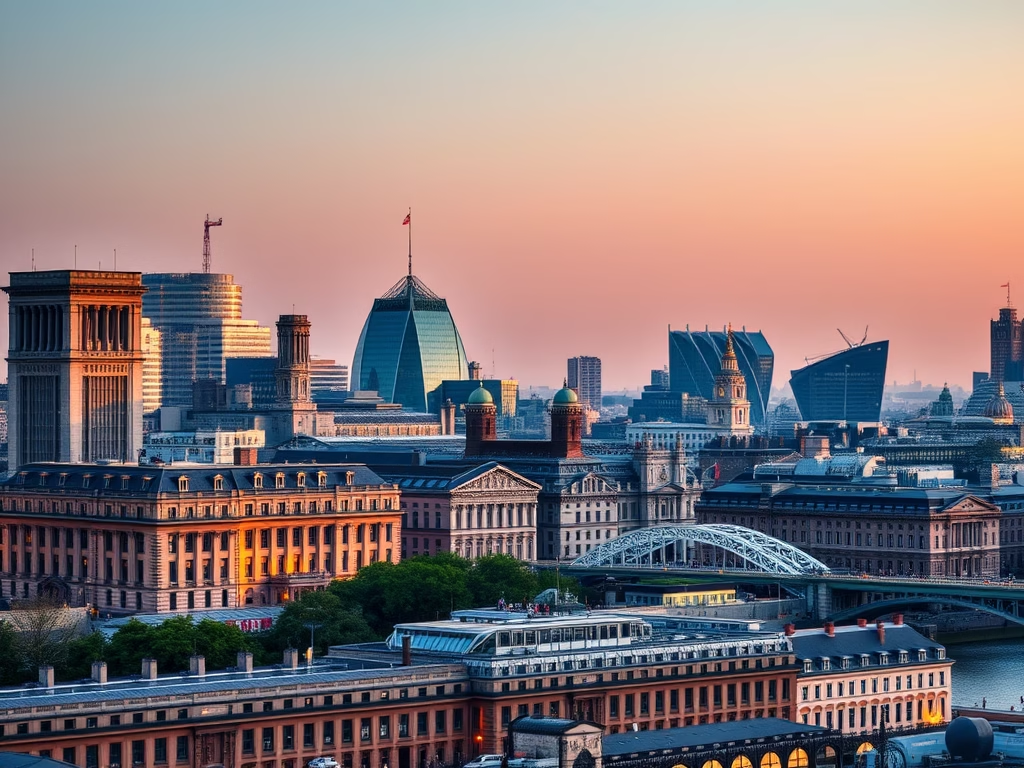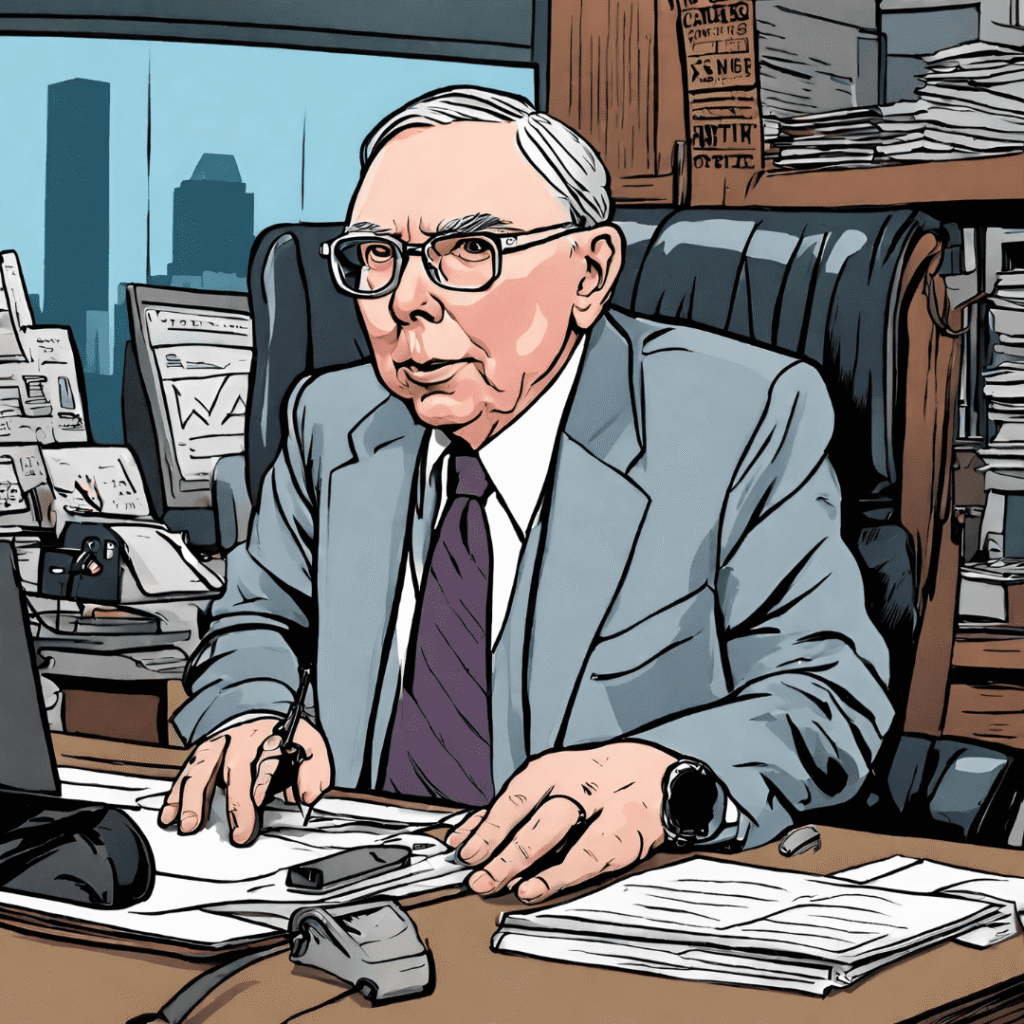London is a fantastic place to live if you have the money. It is vibrant, diverse, and filled with history. But is London life all it’s cracked up to be?
Samuel Johnson famously said:
“When a man is tired of London he is tired of life”.
In many ways, I agree with him.
When I first took the decision to move out of London, it was because all was not right with me. In fact that’s why many of my personal goals are so centred around my spiritual and mental development.
London is an incredible place when you are in the right state of mind, and have everything in your life firing-full cylinders.
I frankly wasn’t.
In this blog, I’ll explore the reasons why you might like to live in London, but I’ll also try to emphasise the dark side of London, and some of the grim realities facing Londoners today.
Why is London the Best Place to Live in the UK?
Here are the reasons why London is the best place to live in the UK from my perspective:
Historical Significance
London is the capital of England. It is a city with huge historical significance. The founding of London can be traced to 43 AD. It was originally named Londinium by the Romans, and the original settlement was based around the City of London.
Like most early settlements, it had easy access to water via the Thames, which actually has unclear origins. There are some suggestions that the word comes from the ancient Sanskrit word for “dark water”, tamasa. Potentially, it could also originate from the Celtic word for “dark one”, tamar. As one of the oldest capital cities in the world, London has a rich heritage.
Naturally, many people want to be here and be part of this story. I definitely understand this allure.
This historical backdrop adds to the city’s draw, pulling countless individuals eager to be a part of its ongoing narrative. The magnetic pull of London’s rich history and cultural significance is undeniable. Joining the ranks of those who have contributed to this age-old story is an aspiration shared by many, as the city continues to weave its tale through time.
Culture and Attractions
London attracts so many tourists, has a dense population and has so many rich individuals. As a result, there is no shortage of cultural hot spots and attractions to enjoy.
London’s magnetic charm stems from its rich history, dense population, and affluent residents. The city boasts iconic landmarks like the Tower of London and Buckingham Palace, reflecting both its historical significance and cultural heritage. The West End captivates theatre enthusiasts with a diverse array of performances, while the culinary scene spans from vibrant street markets to Michelin-starred restaurants.
Green spaces like Hyde Park offer a peaceful retreat from urban life, and the River Thames weaves through the city, providing stunning views from iconic bridges. As night falls, London’s skyline transforms into a glittering spectacle, with landmarks like The Shard and the London Eye illuminating the city.
From historic streets to trendy neighbourhoods, London seamlessly blends its past with a modern, cosmopolitan vibe, making it a captivating destination for a unique and unforgettable experience.
Entertainment and Nightlife
Naturally, there is a rich entertainment and nightlife scene in London. I think, however, that this is comparable to most big cities in the UK. If you were to visit Manchester or Birmingham, you would have a similar experience.
When I went to Birmingham University, I realised that actually, it was a lot easier, and certainly less cost-prohibitive to go out for a night out in Birmingham than in London.
Also, many entertainment venues and clubs are chains, or at least represent fairly similar experiences no matter where you go, so cost generally remains the main deciding factor. On this factor, of course, London is a great city, however, many other cities present similar experiences.
Culinary Scene
London is a “melting pot”. It is the place where many people from different cultures and backgrounds mix.
A natural byproduct of this is that there are so many great places where you can enjoy different types of food. I also think that because the food scene is so competitive in London there is often quite a high standard.
While I may not be a food blogger with an in-depth exploration of London’s culinary intricacies, the city’s reputation precedes it. The diversity in cuisine is matched only by the depth of expertise and passion that permeate the culinary landscape. London’s restaurants aren’t just places to eat; they are stages for culinary performances, each dish telling a story of culture, innovation, and skill.
Yet, navigating this gastronomic wonderland on a Friday or Saturday night can be a challenging feat. The popularity of London’s dining scene means that securing a table without a reservation can be akin to finding a needle in a haystack. The city’s food enthusiasts, both locals and visitors, eagerly fill establishments, creating an atmosphere buzzing with anticipation and excitement.
In essence, London’s reputation as a culinary hub is not just about the quality of its food but also the experience it offers. It’s a city where the joy of dining extends beyond taste buds to encompass the thrill of discovery, the celebration of diversity, and the appreciation of culinary artistry.
So, while getting a last-minute table on the weekend might be a test of patience, the reward is an exploration of a global gastronomic landscape that only a city as diverse and dynamic as London can provide (as long as you can match the price).
Earning Potential
Another significant reason why London is a great place to settle is because you can easily make connections.
There are so many people in London, that there is no shortage of opportunities to network and get to know people. I find that because it is a big city where people enter and leave, people tend to make quicker connections with strangers (despite the obvious reputation that Londoners have for being unfriendly).
Naturally, as many of the big companies choose to place their offices in London, there is a higher chance of meeting people who can help get you to where you want to be. However, sometimes this can result in some fierce competition. The abundance of people in London creates a dynamic environment for networking, where opportunities to connect with others seem boundless.
Despite the city’s reputation for reserved locals, the constant influx of newcomers and the transient nature of many residents often lead to faster connections with strangers.
Moreover, the concentration of major companies choosing London as their base enhances the likelihood of encountering individuals who can open doors to professional growth.
The city pulsates with diverse industries and a thriving business landscape, providing ample chances to build a network that aligns with your aspirations.

However, this bustling environment also fosters intense competition. The high demand for career opportunities means that navigating the professional landscape can be challenging. Building meaningful connections requires not only networking skills but also resilience and a proactive approach.
In the tapestry of London’s social and professional scenes, weaving connections is an art. The city’s fast-paced rhythm demands adaptability, but for those who can navigate its intricacies, London offers a platform to forge relationships that can shape careers and create lasting connections in this vibrant metropolis.
What are the 5 Biggest Issues Facing Londoners Today?
Here I will touch on the 5 biggest issues that I believe face Londoners today. This list is personal, but I’m sure many people will agree with me.
Housing Affordability
Housing is expensive in London. I’m not sure if you would call them overpriced, as I believe you should generally expect housing in a capital city to be expensive, but I can understand why many Londoners feel that it does not represent value for money.
According to Rightmove, the average cost of a flat in London is almost £550,000. The average cost of a house is almost £800,000. Honestly, I believe that it will continue to move up over time, as London will continue to be an advantageous place to live.
The median salary in London is almost £45,000. If you’re a Londoner earning around £45,000 a year and have monthly expenses and rent, it’s not surprising that it has become difficult as living costs are so high.
After factoring in the cost of living, it is no surprise that Londoners are finding it difficult to get onto the housing ladder. Also, wage growth in the capital has remained relatively stagnant in comparison to the cost of living and rents.
I believe that someone needs to be earning around £60,000+ to be comfortable in London and afford rent and all the other expenses.
Traffic and Transport Disruption
Driving in London can be slow and a bit frustrating. Even though there are ways to get around, like buses and trains, the roads are often very busy, and sometimes public transportation workers go on strike, causing disruptions. If you choose to drive, you might feel like you’re moving at a snail’s pace, especially in the city centre.
In fact, even amongst major European cities, London ranks poorly. In London, the average speed of a car in the city centre is 11.8 mph. Yet, in Berlin, the average speed is 15 mph. In the English Capital, the average driving speed is 40% lower than in Paris.
Interestingly, when I drive from Chelmsford to London, the roads in Essex are usually not too crowded. The real traffic challenges start when I enter London. It seems like the city’s busy streets can make driving a bit more challenging compared to the smoother roads in the outskirts.
Personally, I’d rather spend 45 minutes driving on clearer roads, than 35 minutes stuck in slow-moving traffic.
Air Quality
Since moving to Chelmsford, I find that I have improved my breathing and health. I think that this has something to do with the superior air quality outside London.
Air quality is a critical factor in respiratory health, and exposure to pollutants such as particulate matter and nitrogen dioxide can have detrimental effects on the lungs and skin.
Whenever I used to go into Central London, I found my skin, and my lungs suffered. As a capital city, I know that this is something to be expected. I do think, however, that as our future becomes more electrified, this will become less of an issue over time.
In Central London, where traffic congestion is high and there is a constant influx of vehicles, industries, and people, the concentration of pollutants tends to be elevated. This can lead to respiratory issues, skin irritation, and other health concerns, especially for individuals with pre-existing conditions.
Bringing up Children
One day, I want to have a family. In my opinion, London has become less attractive as a place to raise a family. Although not the most unsafe city, crime is commonplace. I’ve witnessed so crimes taking place under my nose, and I’ve even been stabbed before in my youth (albeit in the hand).

As a melting pot, so many dangerous elements are drawn to the capital and there is a huge underground economy. I believe that it is a place where even a moral citizen can become prey to their basest desires. In other words, the big city corrupts. There are many great schools in London, but competition for places is so fierce, and also there are many schools where I would not want to send my children.
In my view, London has become a less attractive place to raise a family with the values that I care about.
The Rise of Remote Work
Although I appreciate the work opportunities that London offers, the fact is that other big cities offer opportunities, and remote work has made geography less important. As I design the life I want, I realise that I want to be less and less tied to a specific geographic location. Over time, I think this digital nomad lifestyle can become more and more of a reality.
Despite companies trying to get workers to get back into the office more, people who are willing to go freelance or own their own enterprises will be more and more able to outsource themselves and their operations. In fact, I believe that a trend we will experience over time is that bigger companies will look to downsize their local workforces and outsource their operations to AI tools.
People will have fewer choices of employer but will be greatly able to utilise internet tools to build their own businesses. No and low code tools such as Flutterflow, Webflow, Bubble, etc, will gain greater use and popularity. AIs will eventually become more functional and people with minimal technical know-how will be able to focus on their ideas rather than the details.
Summary
In summary, London has a lot to offer with its rich history, diverse culture, and vibrant entertainment scene. Many find it an exciting place to live and work, resonating with Samuel Johnson’s famous words about not tiring of the city.
However, there are challenges. The high cost of living, especially in housing, raises concerns. Traffic issues, air quality problems, and the complexities of raising a family in such a dynamic environment add to the considerations.
The changing nature of work, embracing remote opportunities, suggests a shift in the importance of being tied to a specific location like London.
Conclusion
In essence, London is a city of highs and lows, a canvas where people paint their unique stories. Whether it’s seen as the ultimate life experience or a place with evolving challenges depends on individual goals and values. As London’s story unfolds, so do the stories of those who choose to be part of its tapestry.
I will, at some point write a blog devoted to Chelmsford and all that it offers, so stay tuned.
So, what do you like about the city? What do you hate?
Please let me know what you think and what are the five things that you love and hate about London.


